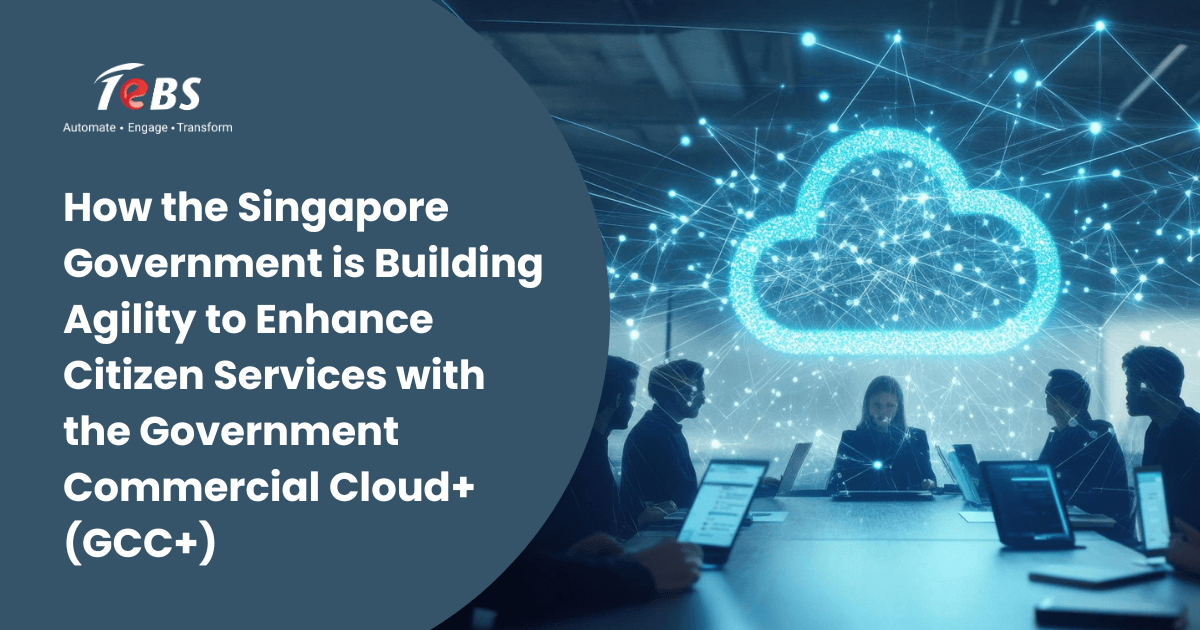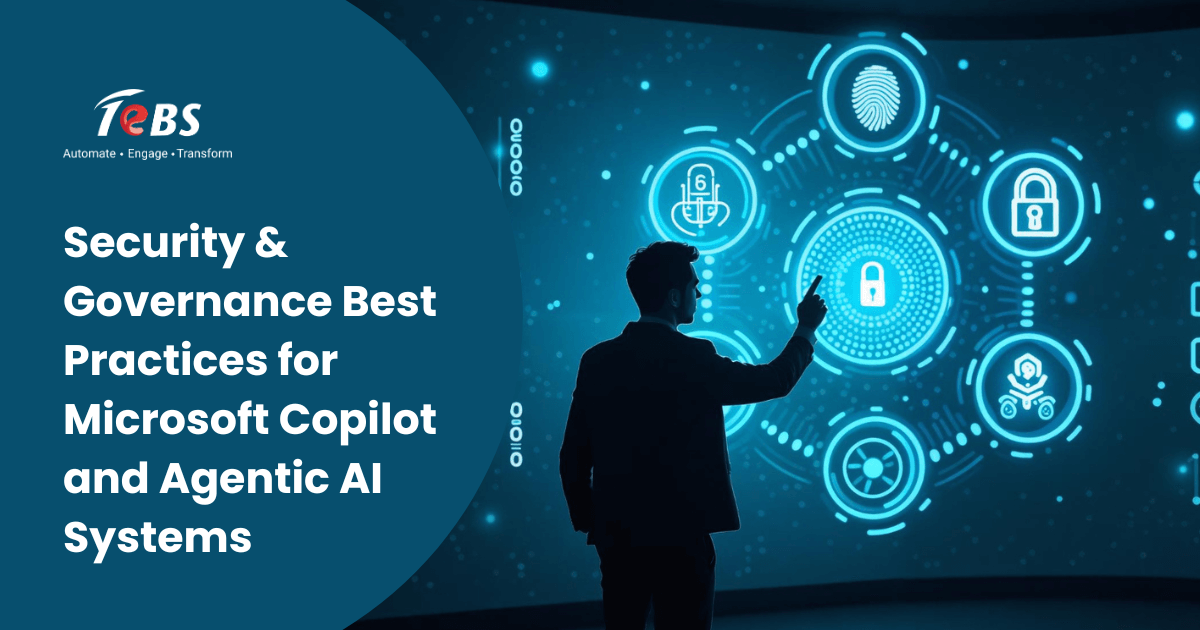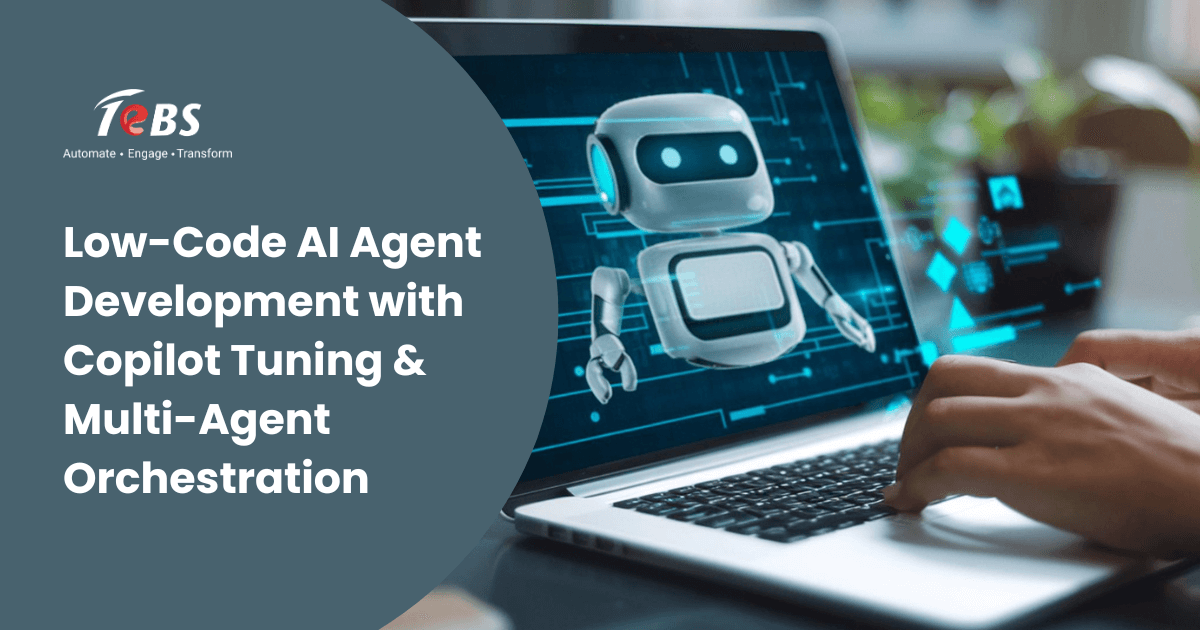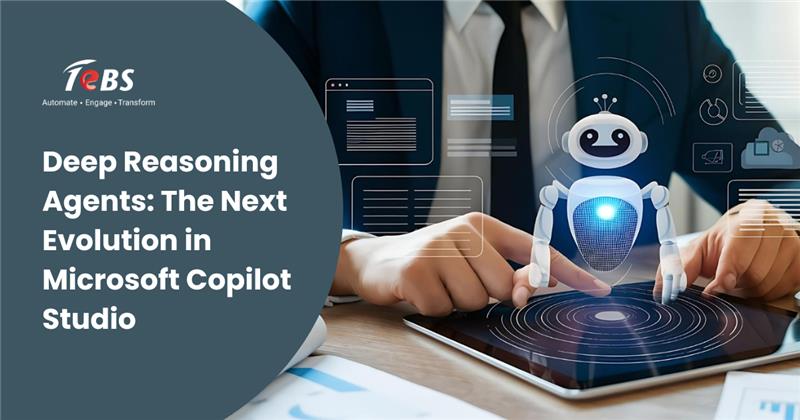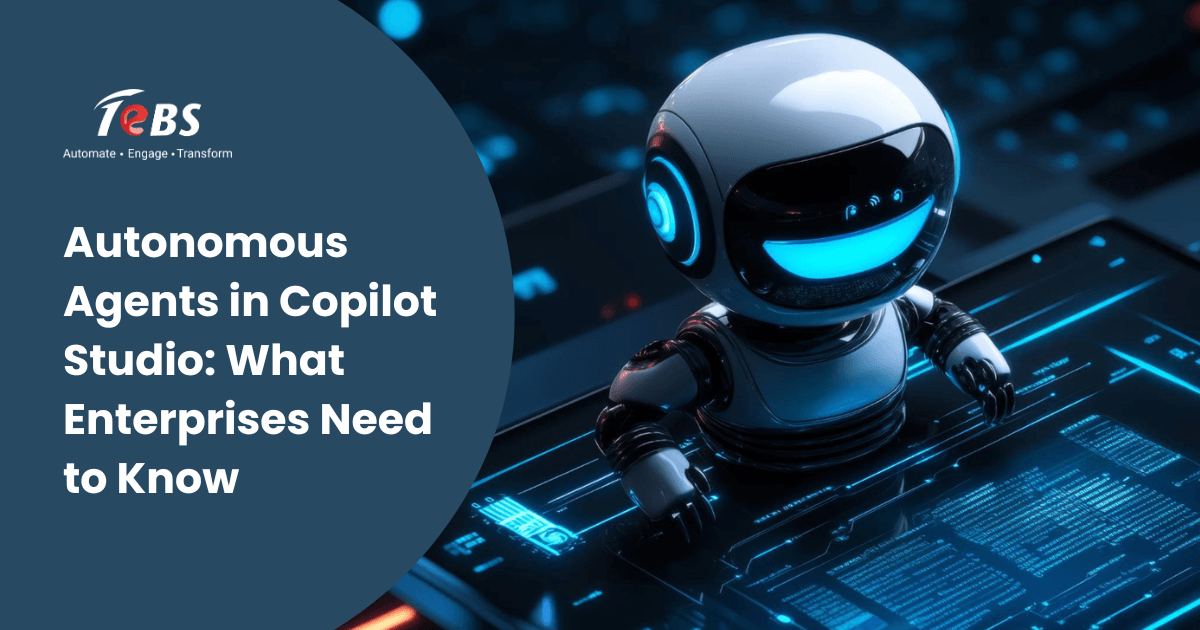Summary
Singapore’s GCC+ evolves the government cloud with multi-cloud flexibility, DevSecOps, and AI services to deliver faster, secure, and data-driven citizen experiences. By embedding AI-powered cloud security, centralized data access, and automation, GCC+ enables rapid rollout of digital services, cross-agency collaboration, and resilient operations—turning the platform into an engine for AI-ready, citizen-centric innovation.
Accelerating Public Service Transformation Through Cloud
Singapore has long been recognized as a global leader in digital governance. Its Smart Nation vision and strong public sector innovation strategy continue to set benchmarks for how governments can leverage technology to deliver faster, smarter, and more secure services. A central pillar of this transformation is the Government Commercial Cloud (GCC)—a purpose-built infrastructure that enables agencies to tap into the scalability and innovation of commercial cloud platforms while maintaining stringent security and compliance standards.
As the government’s digital ambitions grew, so did the need for enhanced agility, interoperability, and resilience. This need led to the evolution of GCC+, the next generation of Singapore’s government cloud, designed to support the increasing complexity of digital services and accelerate innovation across agencies. GCC+ represents a strategic leap forward, empowering agencies to respond swiftly to citizen needs, optimize resources, and co-create new solutions through data and AI. From GCC to GCC+: A Leap Towards a Smarter, Agile Government
Key Enhancements with GCC+: (h2)
- Multi-Cloud Flexibility – Agencies can now choose from multiple cloud service providers and architectures, allowing them to adopt the best-fit technology for each use case while maintaining interoperability.
- Integrated Security and Compliance – GCC+ introduces enhanced cybersecurity frameworks aligned with the government’s Cloud Security Architecture (CSA) to ensure robust data protection across all workloads.
- Cloud-Native and DevSecOps Capabilities – With built-in CI/CD pipelines and containerized application support, agencies can deploy updates faster while ensuring code security from development to production.
- Centralized Data Access and AI Readiness – The platform is optimized for AI workloads and data analytics, making it easier for agencies to leverage machine learning, predictive analytics, and automation for decision-making.
- Cost Efficiency through Shared Services – By consolidating cloud services and promoting shared infrastructure, GCC+ reduces redundancies and drives more efficient spending of public funds.
These advancements enable government teams to move beyond traditional IT management to focus on creating citizen-centric digital experiences that are fast, personalized, and seamless.
Enabling Agility Across the Public Sector
Agility has become the defining characteristic of modern governance. The ability to pivot quickly, adopt new tools, and innovate at scale determines how effectively a government can meet evolving public expectations. GCC+ embodies this agility by combining operational flexibility, data interoperability, and technological resilience.1. Rapid Deployment of Digital Services
With GCC+, agencies can build, test, and deploy applications in a fraction of the time previously required. For example, during periods of heightened demand—such as national registration drives, health campaigns, or financial assistance programs—GCC+ allows instant scalability to handle traffic surges without service disruption.
This elasticity ensures citizens experience minimal downtime and faster service delivery, even under unpredictable loads. Agencies can roll out new applications or updates seamlessly, ensuring responsiveness in moments of public need.
2. Cross-Agency Collaboration and Data Integration
Citizen issues often span multiple departments—housing, healthcare, education, and more. GCC+ facilitates secure data exchange and interoperability between agencies, allowing them to collaborate effectively and make decisions based on a holistic understanding of citizen needs.
For instance, agencies can integrate data from different sources to automate case management or identify emerging trends, such as social welfare requirements or public health risks. This not only enhances service delivery but also fosters evidence-based policymaking.
TeBS AI data analytics & BI services unify datasets for real-time insights and evidence-based policy.
3. AI and Automation for Smarter Citizen Services
AI capabilities embedded in GCC+ empower agencies to harness predictive insights and automate repetitive processes. Whether through AI chatbots for citizen engagement, machine learning for fraud detection, or intelligent document digitization for faster approvals, GCC+ makes AI adoption easier and more cost-effective.
Agencies can also leverage data analytics platforms to understand user behavior and service patterns, enabling them to continuously refine public service design and outcomes.
See how AI automation for the public sector streamlines approvals, chatbots, and case processing atop GCC+.
4. Resilient and Secure Infrastructure
Cybersecurity remains paramount in public sector digitalization. GCC+ adopts a “secure-by-design” approach with continuous monitoring, automated compliance checks, and built-in encryption. Its alignment with international standards such as ISO 27001 and Singapore’s IM8 and CSA policies ensures consistent, high-level protection of government data.
Moreover, GCC+ is equipped for disaster recovery and business continuity, providing agencies with resilience against outages or cyber threats while ensuring uninterrupted access to essential citizen services.
Modernizing Legacy Systems for Future-Ready Governance
A key challenge for many government bodies worldwide lies in modernizing legacy systems that limit agility and scalability. GCC+ offers a pragmatic path to modernization through application migration and cloud-native reengineering.
Agencies can lift and shift existing workloads to GCC+ for immediate scalability or refactor applications to leverage advanced cloud features like microservices, serverless architecture, and containerization. This modernization not only enhances performance but also significantly reduces maintenance costs and improves service reliability.
For example, systems that once required weeks for upgrades can now be updated within hours, reducing downtime and increasing efficiency. With GCC+, government IT operations evolve from reactive management to proactive innovation, enabling continuous improvement across the digital service lifecycle.
For migration strategies that reduce risk and cost, read Cloud Migration: Modernization, Cost & Stability.
Data-Driven Policy and Personalization
The Singapore Government’s commitment to using data as a strategic asset is central to its Smart Nation vision. GCC+ reinforces this by offering a secure environment for data sharing, analysis, and AI experimentation across agencies. Through integrated analytics platforms, government teams can derive real-time insights to guide resource allocation, policy formulation, and service optimization. For instance, predictive analytics can help identify communities in need of targeted social support or anticipate healthcare demands.
Read our blog on Microsoft Fabric: The Data Platform for the AI Era. This data-centric agility ensures that services are not just efficient but also personalized and impactful, meeting the unique needs of different citizen segments.
Empowering Innovation Through Ecosystem Collaboration
The strength of GCC+ lies in its openness to ecosystem collaboration. By working with leading technology partners such as AWS, Microsoft, and Google, the government ensures that agencies have access to cutting-edge innovations, including AI, IoT, and advanced data analytics.
These partnerships encourage a culture of co-creation, where government, industry, and research communities work together to design and test new solutions. Hackathons, innovation sandboxes, and AI development programs under the GCC+ framework are accelerating the rollout of prototypes into production-grade solutions that enhance daily life—from smarter mobility to digital healthcare.
This collaborative model enables Singapore’s public sector to stay ahead of emerging challenges, maintaining its reputation as a digitally progressive and citizen-focused government.
Learn how TeBS enabled secure, scalable public-sector modernization in the FHD2Hub for Singapore Food Agency initiative.
Sustainability Through Cloud Efficiency
Sustainability is another critical dimension of GCC+. By consolidating workloads on efficient, shared cloud infrastructure, agencies reduce their carbon footprint and energy consumption.
Cloud providers under GCC+ are also committed to green data centers powered by renewable energy sources. This aligns with Singapore’s Green Plan 2030, reinforcing the government’s role in leading by example through sustainable IT practices.
Through cloud-based optimization tools, agencies can monitor resource usage, eliminate idle capacity, and adopt automation for energy-efficient scaling—building an environmentally responsible digital foundation.
The Human Element: Empowering Public Officers
While technology forms the backbone of digital transformation, agility also depends on people. GCC+ is designed to empower public officers with tools, training, and environments that foster experimentation and continuous learning.
By enabling DevSecOps practices, public officers can innovate faster while embedding security and compliance into every step of development. Agencies also gain access to cloud training and certification programs, ensuring teams are well-equipped to design and manage digital solutions independently.
This human-centered approach ensures that transformation is sustainable—driven not just by technology, but by a capable, future-ready workforce.Real-World Impact: Enhancing Citizen Experiences
The agility brought by GCC+ is already translating into tangible benefits for citizens. Agencies are delivering faster approvals, better user experiences, and more responsive public services. For example:- Digital portals built on GCC+ allow citizens to access services securely and instantly, from license renewals to benefits applications.
- AI-powered chatbots handle routine inquiries 24/7, freeing officers to focus on complex cases.
- Integrated data platforms help identify vulnerable communities faster, ensuring timely social interventions.
These outcomes demonstrate how GCC+ is more than an infrastructure upgrade—it’s a catalyst for trust, efficiency, and inclusive digital service delivery.
Looking Ahead: The Future of Cloud-Enabled Governance
As emerging technologies like generative AI, edge computing, and quantum security mature, the flexibility of GCC+ will allow Singapore’s public sector to adapt and innovate continuously. The platform’s design ensures that new technologies can be seamlessly integrated without disrupting existing systems.
Future expansions are expected to include greater AI-as-a-service capabilities, cross-border data collaboration frameworks, and automation-driven operations, ensuring Singapore remains a frontrunner in digital government innovation.
By embracing GCC+, agencies are not only future-proofing their infrastructure but also reinforcing Singapore’s position as a global leader in agile, citizen-centric governance.
Conclusion: Building a Smarter, Agile, and Connected Public Sector
The journey from GCC to GCC+ marks a significant milestone in Singapore’s digital transformation story. By modernizing infrastructure, enhancing interoperability, and empowering innovation, the government is building a more agile and responsive ecosystem—one that continuously adapts to the evolving needs of citizens.
GCC+ represents not just a technological shift, but a vision for collaborative, data-driven, and AI-enabled public service delivery. Through this platform, agencies can accelerate transformation, achieve operational excellence, and deliver meaningful outcomes that enrich the lives of every Singaporean.
If your organization is exploring ways to leverage GCC+ and cloud modernization for smarter digital services, Total eBiz Solutions (TeBS) can help. As a trusted technology partner with deep expertise in cloud transformation, AI, and digital modernization, TeBS works closely with government and enterprise clients to build secure, scalable, and innovative cloud solutions.
Reach out to our experts at [email protected] to explore how we can accelerate your journey toward cloud-enabled agility and citizen-centric innovation.
1. What is the Government Commercial Cloud Plus (GCC+) initiative in Singapore?
GCC+ is an enhanced version of Singapore’s Government Commercial Cloud, providing a secure, scalable, and AI-ready cloud platform to help public agencies build and deploy digital services faster while maintaining high security and compliance standards.
2. How does GCC+ improve agility and innovation in Singapore’s public sector?
GCC+ enables faster application development, easier access to modern cloud tools, and integration with AI and data analytics, empowering agencies to innovate rapidly and deliver citizen-centric digital services.
3. How does GCC+ enhance data security and compliance?
It offers advanced security controls, automated compliance checks, and data residency assurance, ensuring that government data remains protected and aligned with Singapore’s cybersecurity and governance policies.
4. How does AI and automation contribute to smarter citizen services under GCC+?
AI and automation streamline service delivery through predictive insights, virtual assistants, and intelligent workflows, helping agencies provide more responsive, efficient, and personalized citizen experiences.
5. What role does TeBS play in enabling GCC+ adoption?
TeBS supports GCC+ adoption by helping government agencies migrate applications, modernize legacy systems, and integrate AI-driven solutions securely and efficiently, ensuring smooth transformation and optimized cloud performance.

